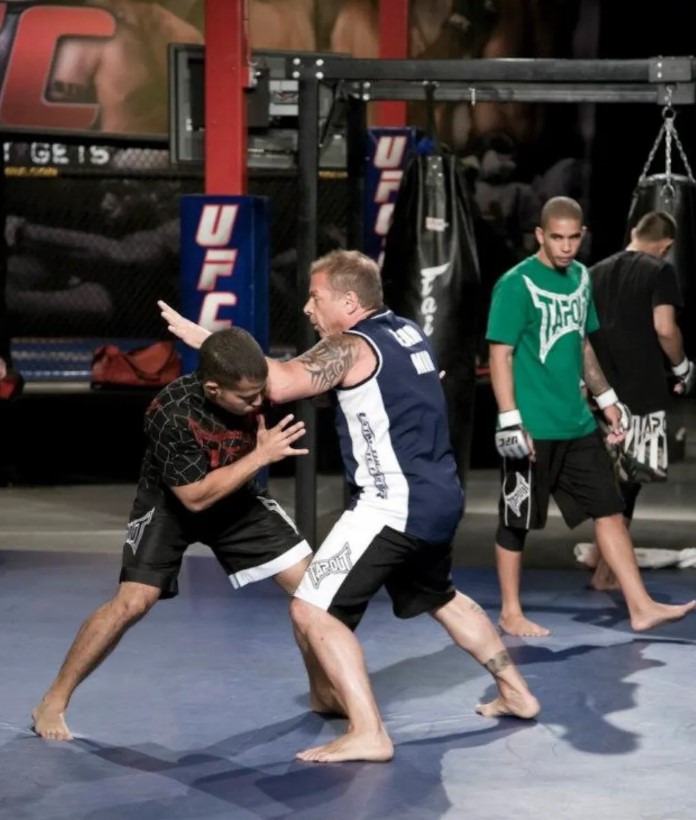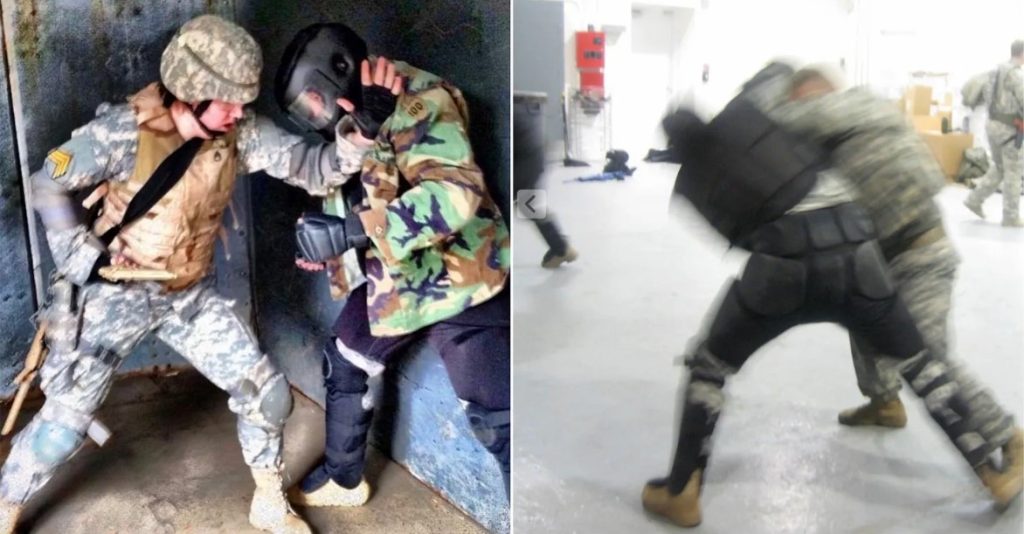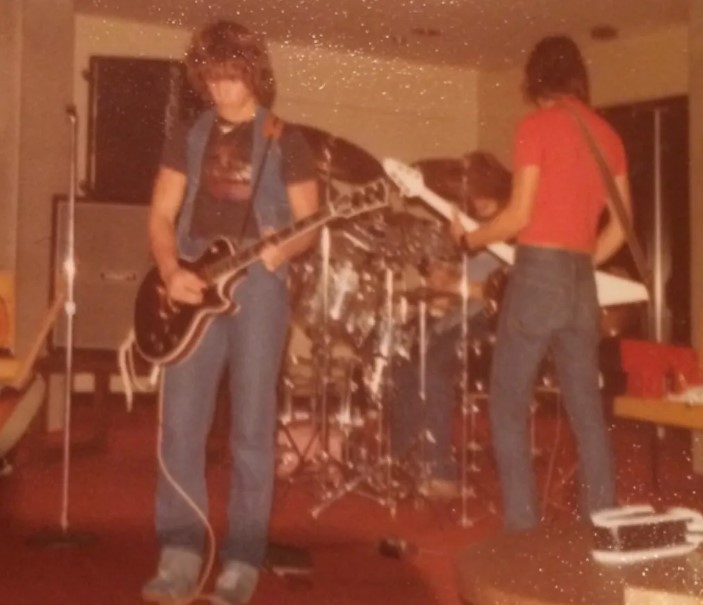
Practicing Violence for Season 8 of Ultimate Fighter. Frank Mir brought me in to help coach his team.
Practicing and Training Are Very Different.
I like clear definitions. Words are icons. The clearer your definition, the sharper your focus.
Trigger warning: I’m describing my philosophy and how I coach my clients.
Practicing Violence is Cathartic.
That’s not clickbait.
- Analyzing a violent scenario and intelligently figuring out strategic solutions is cathartic.
- Developing the competence and confidence to manage violence is cathartic.
- Knowing you have the skill and tactical conditioning to defend yourself or your family is cathartic.
- Practicing is NOT the same as Training.
Meditate on that.

Practicing and training
Practicing:
- When you practice, you are working on developing a specific skill.
- Even though you’re working to improve proprioception, kinesthetic perception, balance, timing, agility, and so on, practicing is training the mind & body to move intelligently and efficiently.
- You’re learning to execute a movement.
Training:
- When you are training you are working on making the skill you practiced functional in a real-world scenario.
- Training must develop tactical timing, functional endurance, scenario-specific aggression, precision, intensity, and power.
- ‘Violence of Action’ is the goal
Standing on the range and firing your gun leisurely is not the same as force-on-force training (which is not the same as a real gunfight!).
Shadow boxing isn’t the same as sparring, and sparring isn’t the same as entering a tournament and tournament fighting isn’t the same as a street fight.
Every arena of stress imposes greater psychological and physical demands. And this affects everything!
My Music Metaphor
(because you needed another example ????)
First, you practice – then you train.
A musician first learns notes, scales, and chords.
They practice their ass off, but those notes aren’t the song. The notes will be used in the song – just like a kick or punch may be used in a fight – but during practice, they are not the fight.
The song is the beginning of the scenario.
- Jamming with a band is a deeper dive into the scenario. (Sparring)
- Playing in front of an audience is a deeper dive into the scenario. (Tournament)
*And, of course, there are even more subtle topics that affect performance, like fear, awareness, neurobiology, and so on. I’ve covered these in previous newsletters.

Yours truly 1980, rehearsing for a show.
We all want to be proficient at self-defense…
But most of us really practice scales – we never really jam.
Train what you’ve practiced so that “competence becomes confidence”.
THESE TWO PRINCIPLES IN ACTION:
Step 1:
I practiced my kick methodically. Paying attention to balance, timing, fluidity, etc.
I ‘practiced’ the biomechanics I wanted to deploy in a violent encounter. I defined my scenario before the session.
Step 2:
Now that I was warmed up, I began training. I inserted myself in an imaginary but realistic scenario. I was very specific:
”I’m training so that my ‘practice violence’ makes sense.”
- I played with various visualizations: I imagined my opponent deserved this impact (legally/ethically force must parallel danger).
- I visualized my opponent’s face. (He might’ve been duct-taped to the bag ????).
- My goal here was to be as “sudden” as possible and find a blend between speed and power while remaining as non-telegraphic as possible.
- I reviewed the recordings and wasn’t happy with the slight precontact movement of my hands prior to the kick. Made a mental note to work on this next session.
*In a real confrontation, I wouldn’t lead with a kick. And if I had to, my hands would’ve launched something as a distraction to smokescreen the kick, and the subtle pre-contact telegraph would’ve been missed.
SUMMARY
“If you mean to do it, then make it mean.”
If you can’t make it work when you need it, then what was the point?
We need to make sure we can jam and play with the band in front of an audience.
Managing violence is very different in so many ways than throwing a sidekick or nailing a kata. Know why you’re training (scenario) and that will inspire ways to practice.
In short, redefine these two terms: practice and training, and you will immediately improve your self-defense IQ.
Our focus in the SPEAR System® is real-world self-defense, but I also believe that any focused training for violence can be cathartic.
Find a good trainer, whether it’s MMA, Krav Maga, BJJ, TKD, Tai Chi, move your body and move your mind.
Coach Blauer
